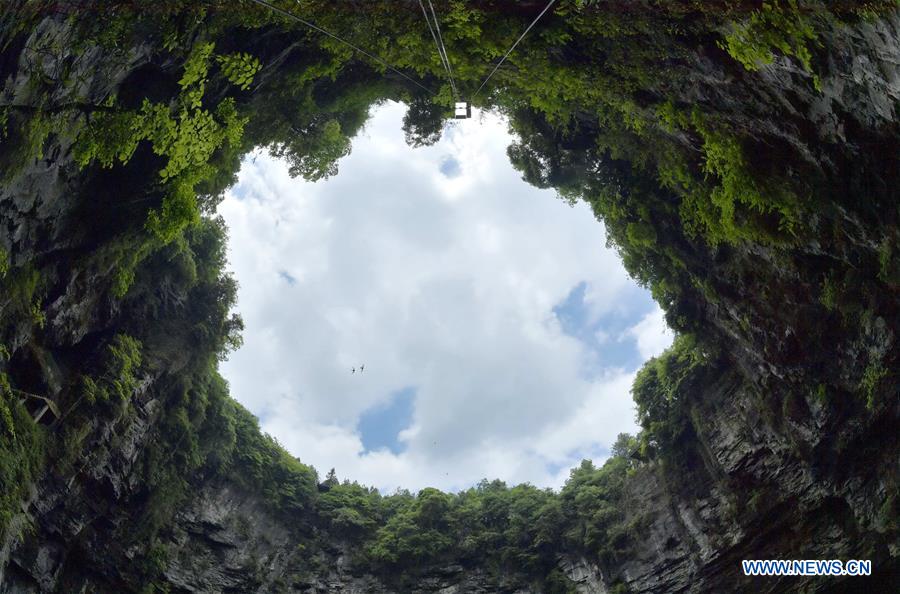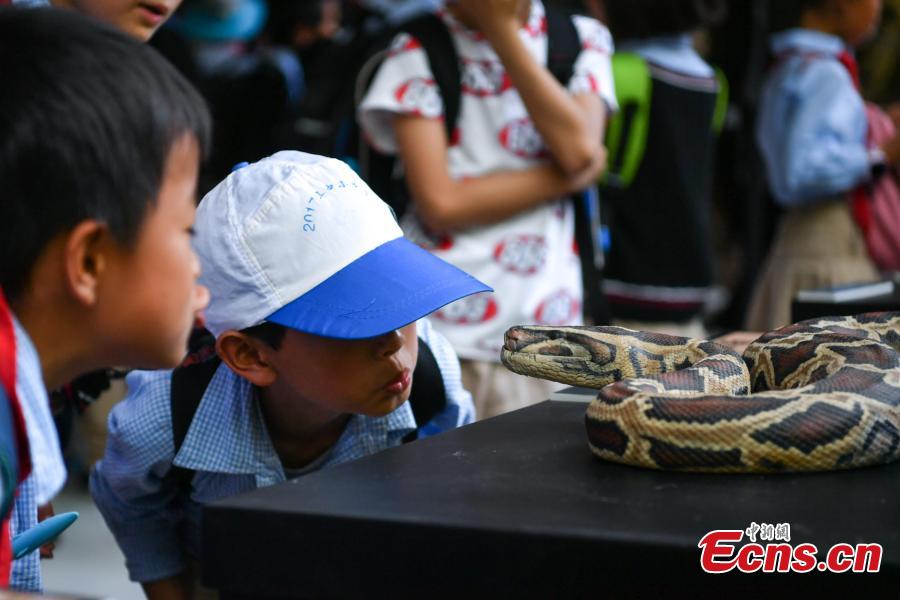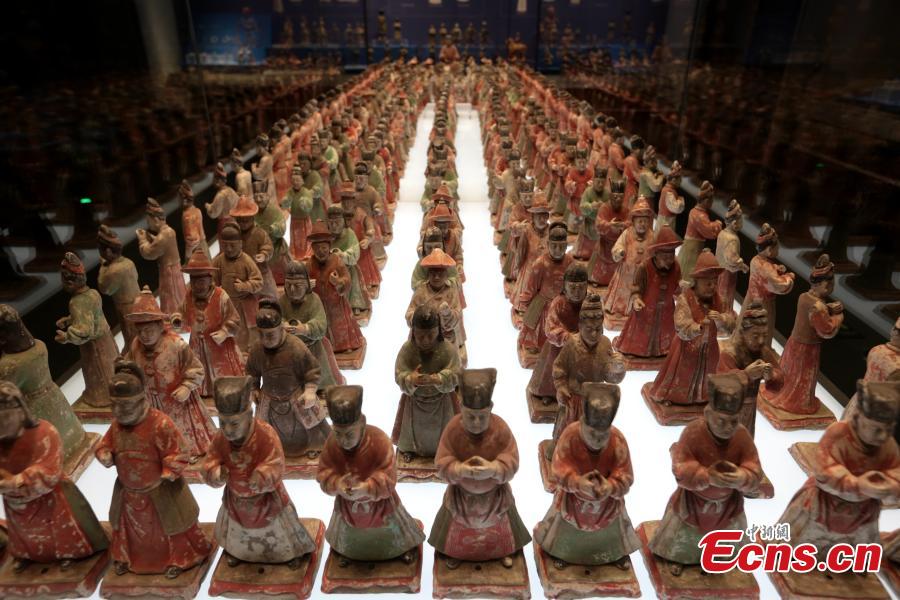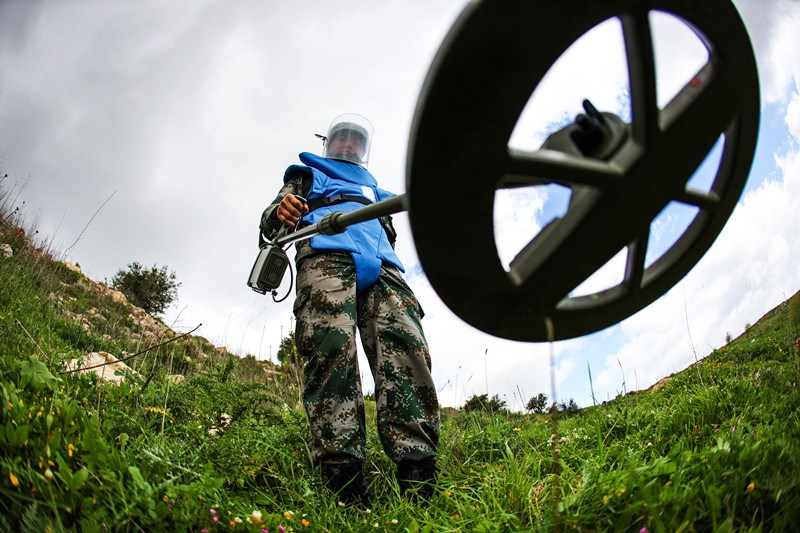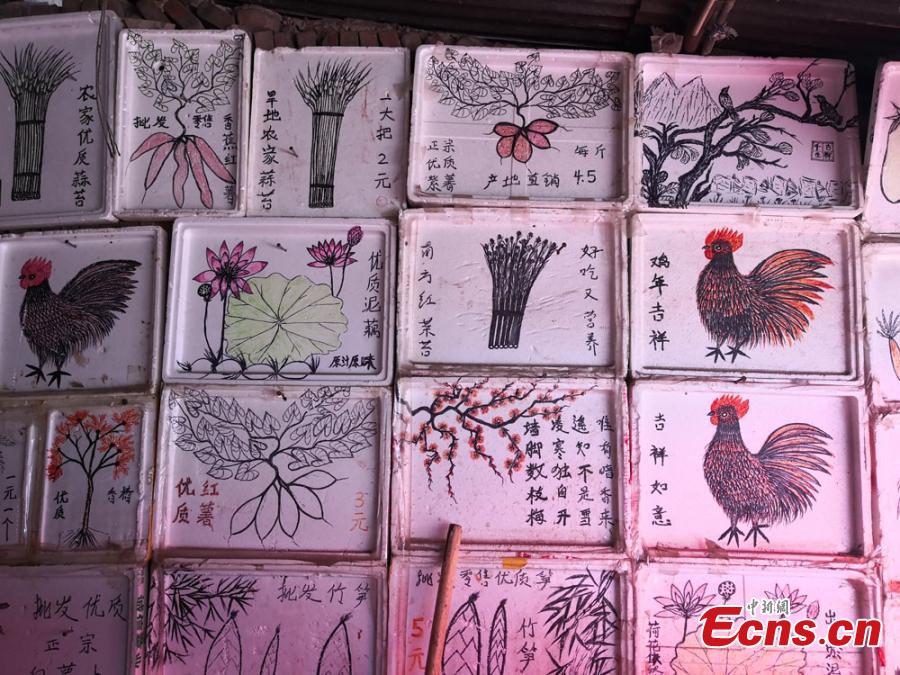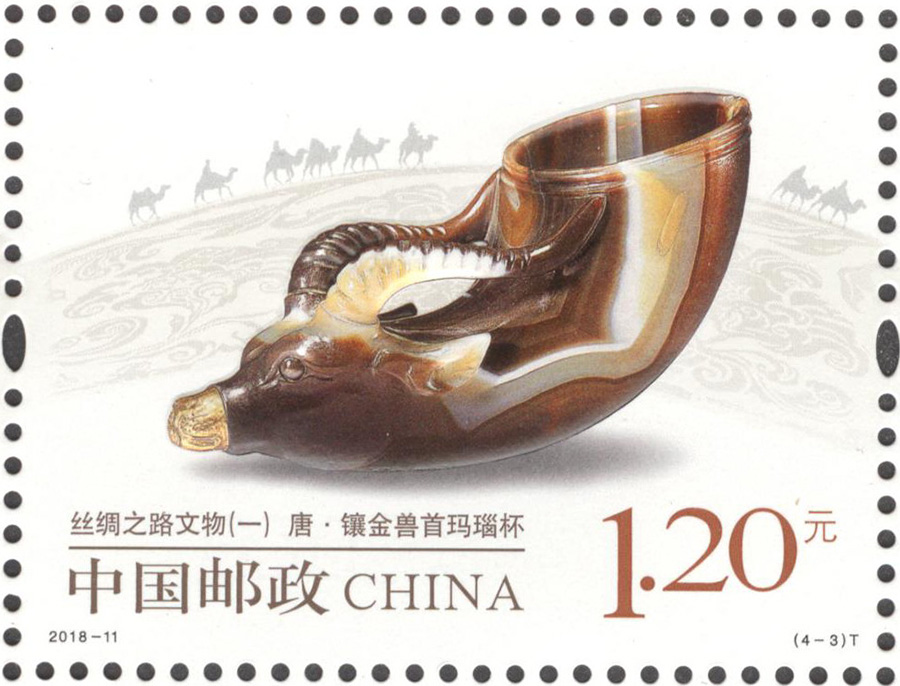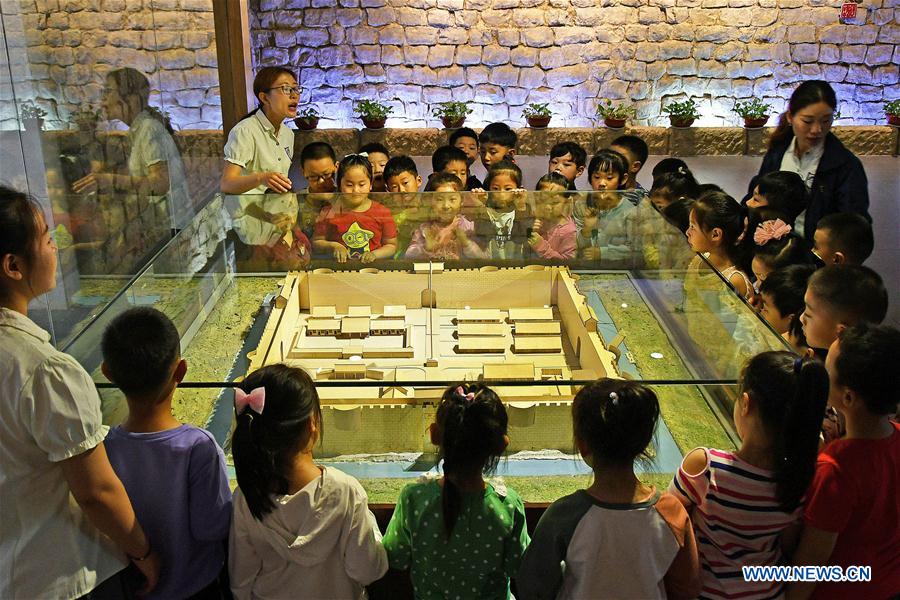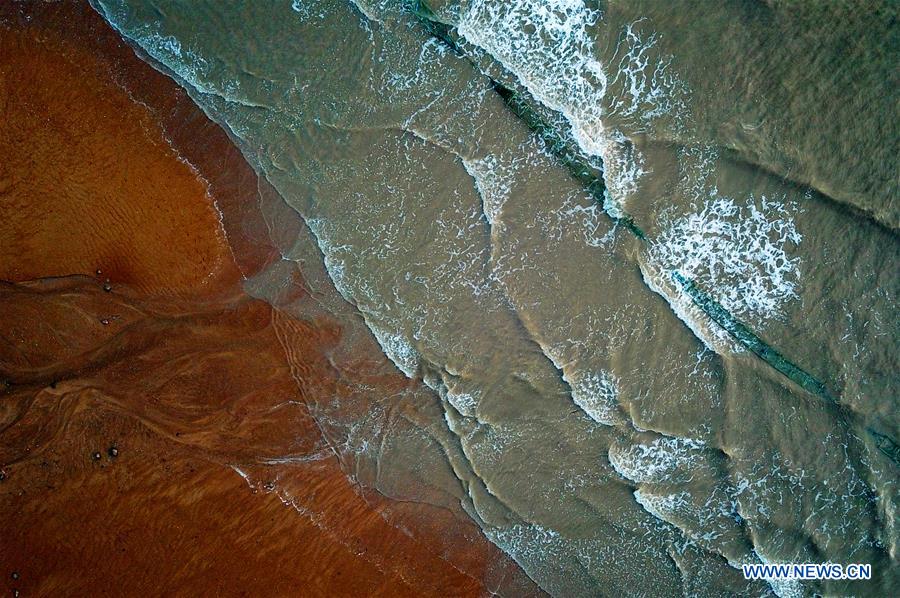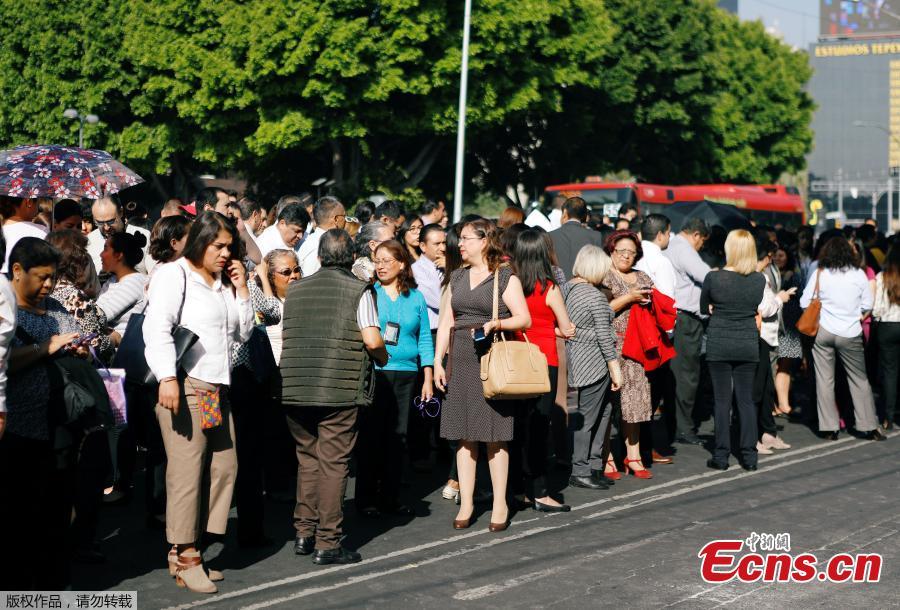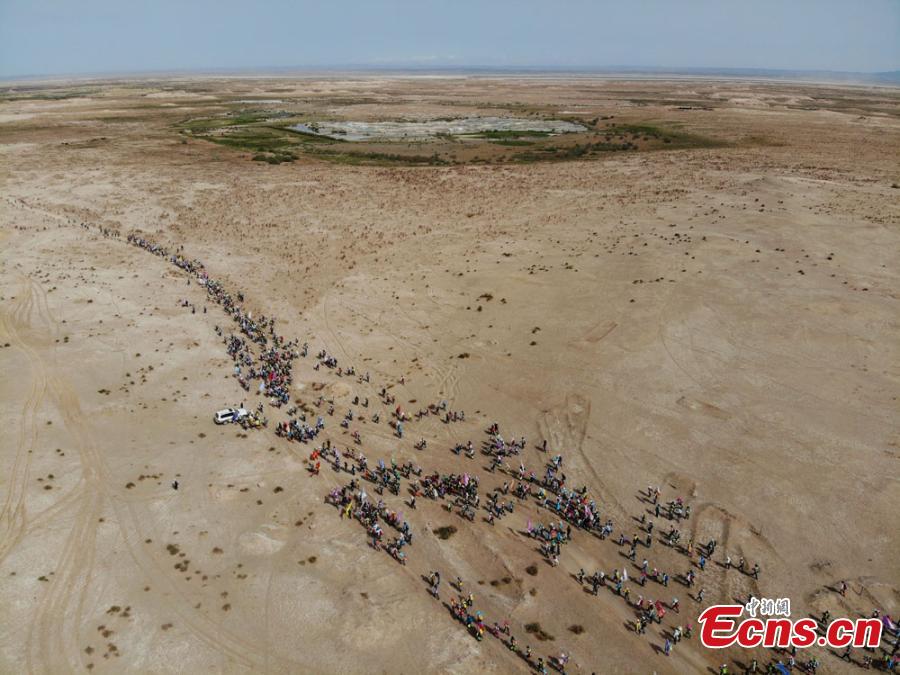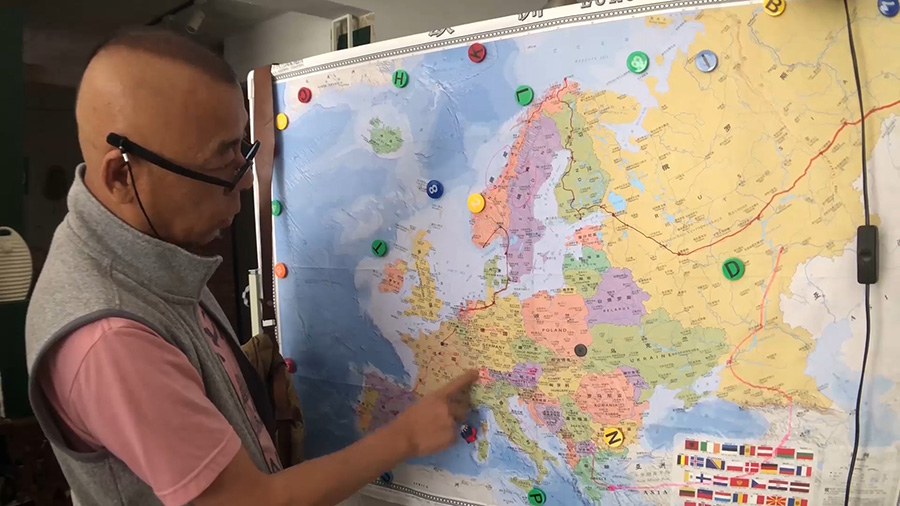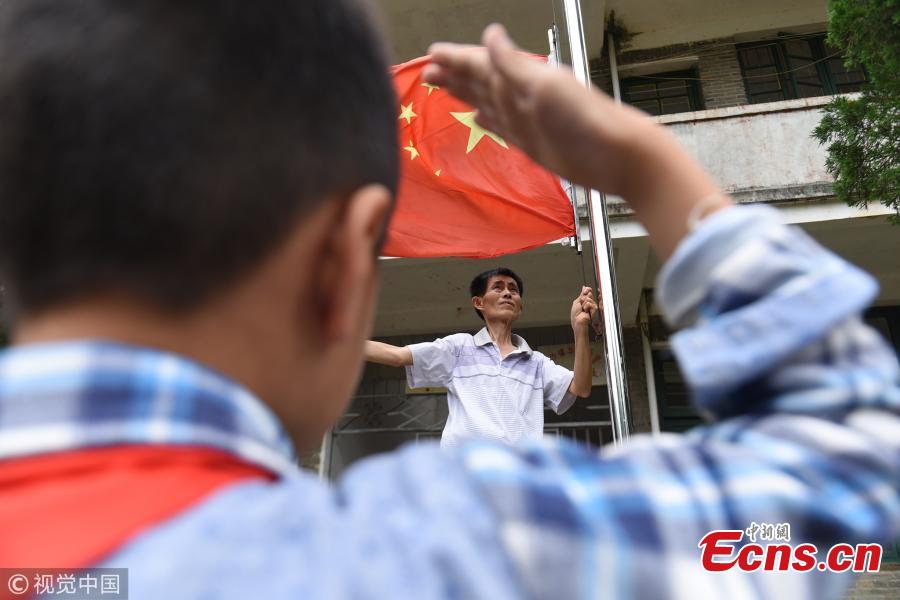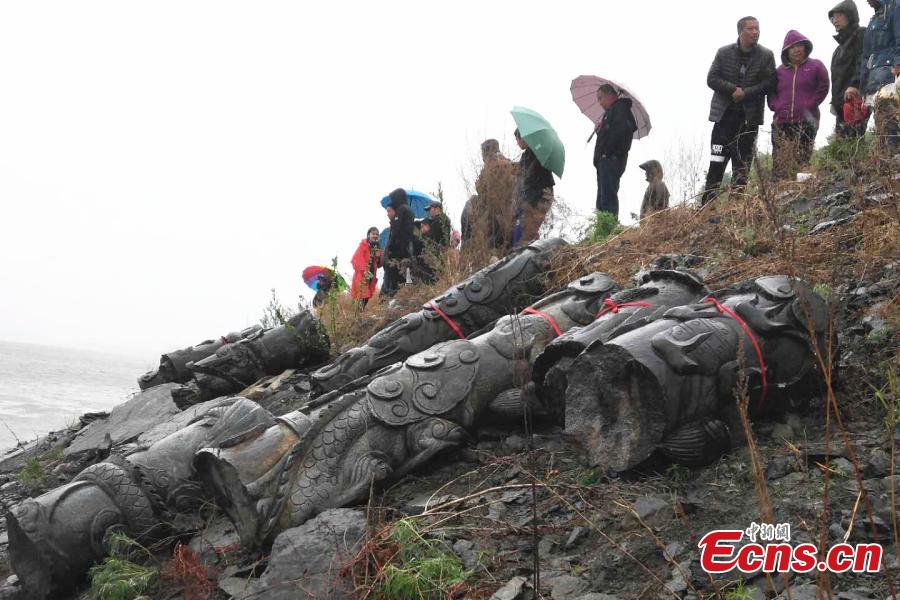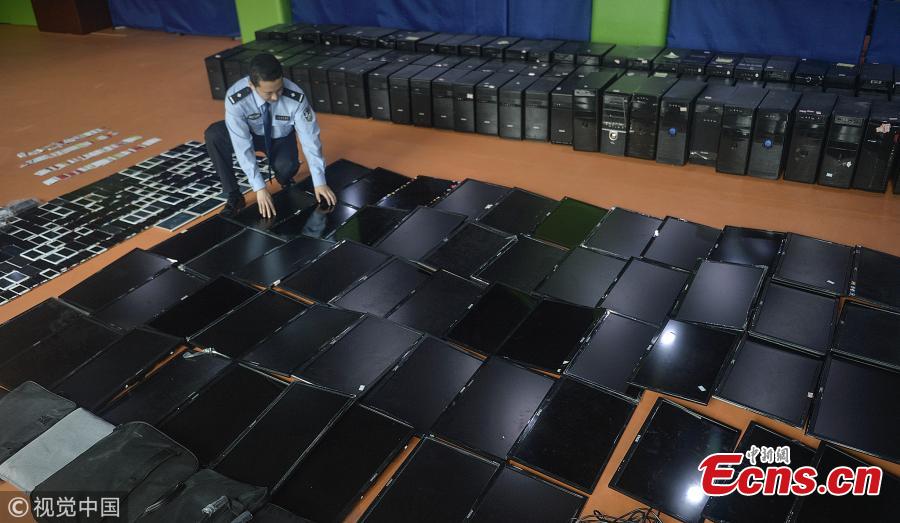New technologies that connect museums with the public were announced during the celebration of International Museum Day in Shanghai on Friday.
The International Council of Museums established the international observance in 1977 as an annual event to address the role of museums in the development of society. This year, the council chose the theme "Hyperconnected museums: New approaches, new publics".
International Museum Day has inspired museums around the world to host colorful events and attract more people to visit and have close contact with cultural heritage, said Guan Qiang, deputy director of China's State Administration of Cultural Heritage, at the launch of the International Museum Day celebration at the Shanghai History Museum.
Since 2009, the State administration has joined hands with a provincial administration each year to host the national celebration.
"Through the past nine years, we have witnessed a leaping development of China's museum industry, which reflects the economic and social development of China," said Guan.
This year, Shanghai was the host for the first time. More than 100 museums in the city participated in the celebration by opening free of charge or with tickets at half price for three days.
The new partnerships of the State Administration of Cultural Heritage with Baidu and China Mobile will help people in China to find locations of museums, plan their visits with electronic maps using mobile internet, and enjoy an instant digital tour guide, thanks to artificial intelligence technology from Baidu, one of the world's largest AI and internet companies.
Baidu has helped 2,894 museums nationwide to build a digital mapping service, according to Xiang Hailong, president of Baidu Search Co.
Chen Kai, a scientist with Baidu, told an international forum called "Museum and the Beautiful Life" in Shanghai on Friday that the company will use the world's leading mapping knowledge domains, precise 3D augmented-reality modeling and other technologies to help China's museums to build digital services and realize digitization of their collections "to play an active part in the construction of a web matrix for the promotion of Chinese civilization".
The State Administration of Cultural Heritage announced the launch of a global promotion of the 100-episode CCTV documentary Every Treasure Tells a Story. The show, whose episodes last no more than five minutes each, has won high acclaim from audiences for its new perspective on great achievements of Chinese civilization.
Many activities that mixed technology and museum exhibitions were also held nationwide to mark International Museum Day.
In the Palace Museum in Beijing, also known as the Forbidden City, the curtain was raised on Friday on an interactive digital display of a masterpiece, the scroll painting Along the River During the Qingming Festival by 12th-century painter Zhang Zeduan. The painting, now housed in the Palace Museum and one of the best-known ancient Chinese paintings, is a panoramic portrayal of flourishing urban life in Bianliang (today's Kaifeng, Henan province), which was the capital during the Northern Song period (960-1127).
In the new exhibition, which makes figures in the painting move like an animation, interactive facilities also enable visitors to take a virtual boat ride along the "river" to become immersed in the scene and to say hello to "passers-by" from Northern Song, thanks to dome-cinema technology.
"Museums need creative approaches to explain our history to our young generation," said Shan Jixiang, director of the Palace Museum. "In the context of 'hyperconnection', more such crossovers between high technology and museums should follow to get national treasures linked with the public."
Shan said the digital display, co-created by the museum and Hong Kong-based Phoenix TV, will tour overseas in the future. Also on Friday, the Palace Museum released a new app for iPad, Auspicious Symbols in the Forbidden City PRO, to use multimedia channels to explain the connections between cultural relics and folklore and classic literature.











